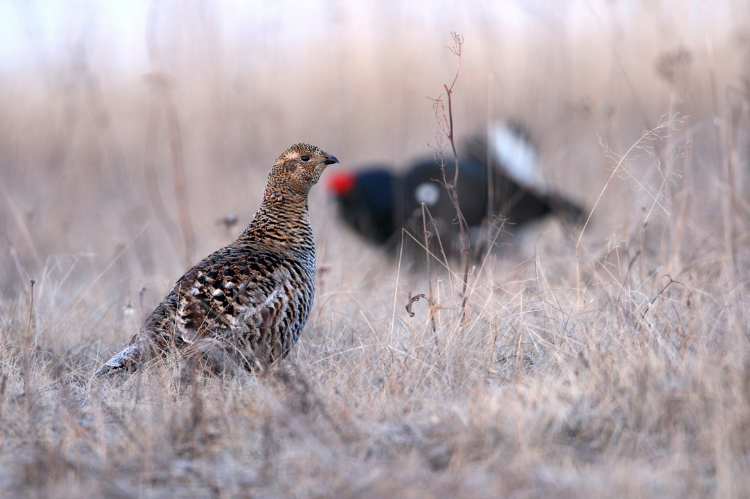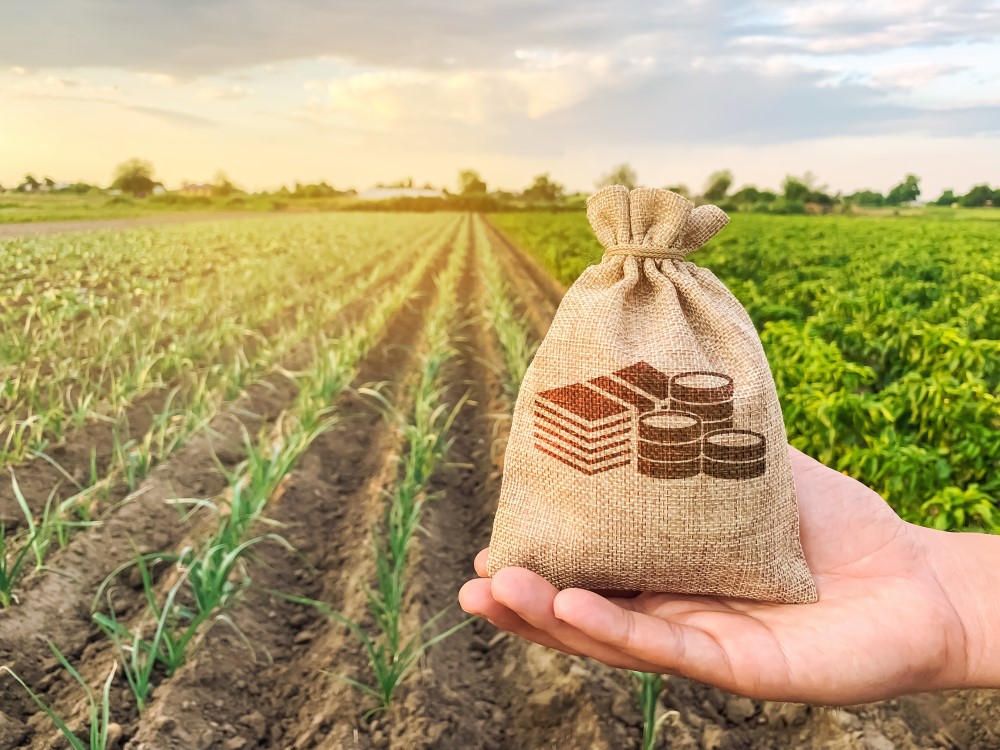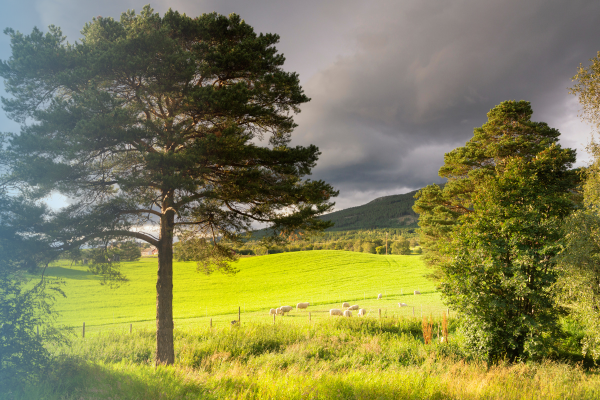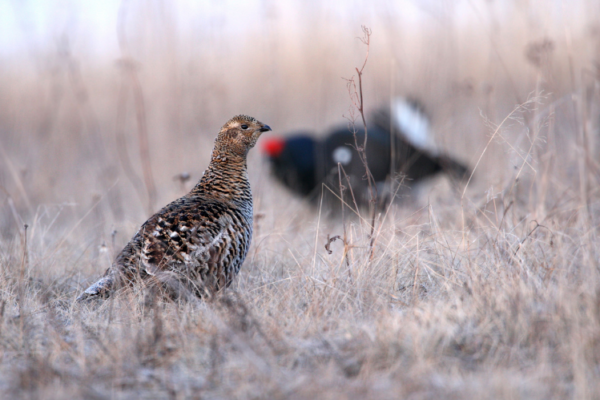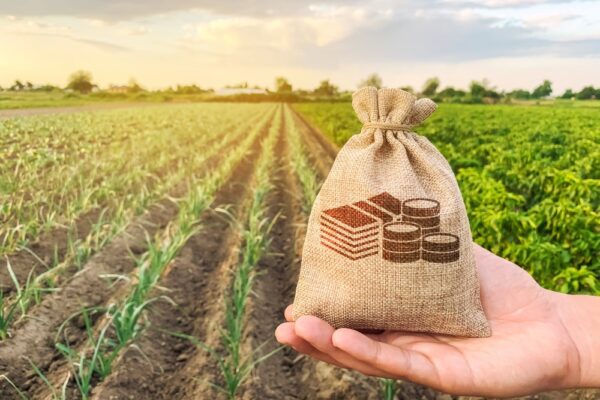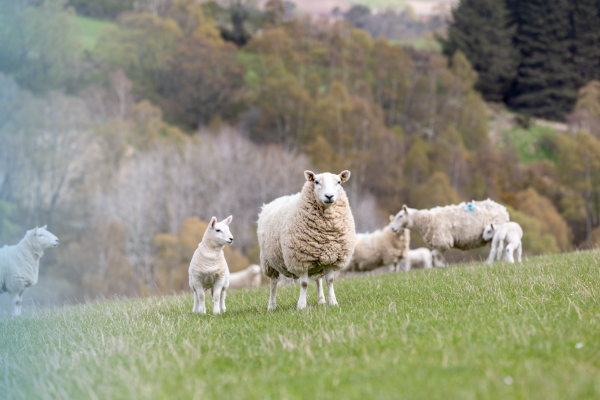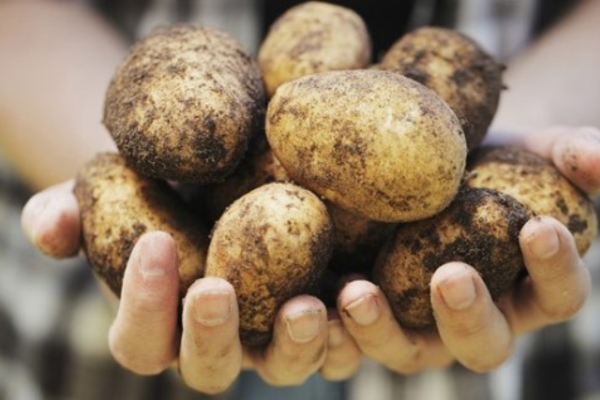Agribusiness News January 2025 – 2024 Environmental Roundup
1 January 2025Key policy developments
November saw the passing of the Climate Change (Emissions Reduction Targets) (Scotland) Bill by the Scottish Parliament, outlining a move from annual emissions targets to 5-year budgets, now similar to the rest of the UK. The previous interim target of a 75% reduction in Scottish national emissions by 2030 was scrapped in April, although 2045 net zero target still stands. Further details of implementation, action planning and monitoring are expected in the next Climate Change Plan update.
In September the National Adaptation Plan 2024-2029 was released, with attention to nature, communities, public services, economies and international action. November also saw the launch of the Biodiversity Delivery Plan 2024-2040, supporting delivery of the Biodiversity Strategy. Agriculture should expect greater biodiversity proofing and more detailed actions going forward, following lead from Biodiversity Net Gain which became mandatory in England this year.
News from the industry & business
Reflecting international business trends, the Science Based Targets Initiative (SBTi – see article in Oct 2023’s Agribusiness News) has seen expanded uptake in the UK, with 1,447 businesses in the UK now signed up to climate targets in alignment with the Paris Agreement of a 1.5ºC limit on global warming. Of these, 26 have Scottish operations, including brands such as Nairn’s, Kettle Produce, Albert Bartlett, Branston and Diageo, retailers including Morrisons, Asda, Tesco and the Co-operative, as well as food processors and food distributors. While some state targets of a reduction in absolute scope 1 & 2 emissions or commitment to Paris Agreement alignment, some include more ambitious targets such as 50% reduction in emissions by 2030.
International trends and outlook
Azerbaijan hosted this year’s COP29 climate summit; discussions focused on commitment to scale and terms of finance for developing countries, and furthering of agreements to phase out coal, though not oil and gas. A key outcomes was finalising Article 6 from the Paris Agreement, agreeing on rules and methodologies governing carbon markets, and tightening rules on inter country trading of carbon credits, effectively making it more transparent and further limited potential for double counting of carbon credits and offshoring of carbon emissions. Looking forward, there are concerns about the direction of travel of global progress of climate change with new Trump presidency, which has indicated a move to reverse of recommitments to climate goals in Biden administration. The COP16 on Biodiversity, held in Colombia, pushed for greater integration of climate and biodiversity goals, and announced a Cali Fund for biodiversity conservation, although there was limited progress on challenges in international monitoring efforts.
The year has also seen significant movements forward with Environmental, Social and Governance (ESG) reporting internationally, which though not affecting UK businesses directly, impacts those with EU interests, and suggests a direction of travel in business trends. To date, only large corporations (500+ employees) in the EU have been required to adopt ESG reporting, but from 1st Jan 2025 this will be expanded to other large companies (balance sheet greater than €25 million, turnover greater than €50 million or employees greater than 250), which will be further expanded on 1st Jan 2026 to listed SMEs.
Agriculture and land use
Announcements this year provided further detail on environmental compliance measures in agriculture from 2025 including a 410-day calving interval, Whole Farm Plans including carbon, biodiversity, soil, pest management and animal welfare considerations, and peatland and wetland cross compliance. The recent budget indicates no change going forward to Pillar 1 (BPS, greening, SSBSS, SUSSS) or LFASS, though a cut of 15.7% to the AECS (suggested to reflect defunding of some low-impact measures). The Land Reform Bill also proposes new obligations of land management plans, involving greater community engagement, and environmental accountability.
The new budget also includes a large increase in forestry grant budgets (£10m) and peatland restoration budgets (£20m), which follows reporting this year of record levels of peatland restored in 2024 (10,360 ha). The budget reflects aims to increase scale and pace of carbon reductions, and a push for further inward private investment to one of the longest established carbon markets in the UK.
Nature-based finance and projects
2024 has also seen progression of nature-based market development. The Natural Capital Markets Framework was launched in November, providing guidance for land managers, investors and communities around attracting responsible investment. These principles include integrated land use, community engagement, public, private and community benefit, integrity, and inclusivity. This follows a successful year for the Facility for Investment Ready (FIRNs) which continues to fund and pilot investment in the space, and created nearly £5 million for Scottish projects by mid-2024.
Alongside these, pilots of Landscape Enterprise Networks (LENs) in the UK (including one in Leven) have facilitated a linking of buyers and sellers of nature-based solutions across multiple habitats and land uses, evidencing opportunities for managed risk in blending of public and private capital and the potential for local benefit of aggregated land management options.
Sign up to the FAS newsletter
Receive updates on news, events and publications from Scotland’s Farm Advisory Service



